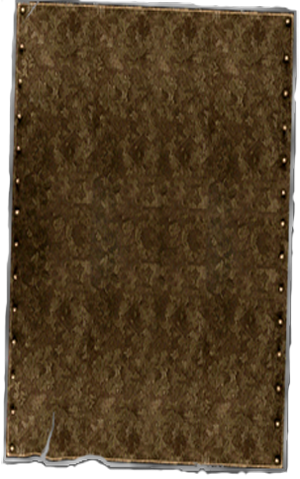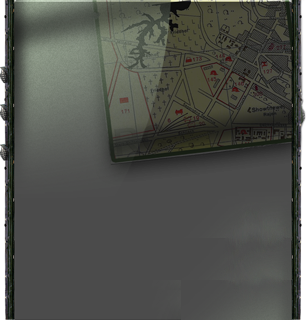







John Trimbur (2003) took some of these challenges head-on
in his article "Consensus and Difference in Collaborative Learning" by
engaging the argument that "the use of consensus in collaborative learning
is an inherently dangerous and potentially totalitarian practice that stifles
individual voice and creativity, suppresses differences, and enforces conformity" (p.
602). Trimbur countered that such "fear of ‘group-think’ is
implicitly teacher-centered and authoritarian. It prevents a class of students
from transforming themselves from individuals into a participatory learning
community” (604).
By believing that soldiers cannot learn without a teacher present or that
soldiers cannot learn from students outside the classroom or even that students
cannot learn from collaborating with texts outside their textbook, we could
be enforcing a teacher-centered form of teaching that denies the fact that
students can create knowledge just as well as learn it.
We have both learned firsthand the difficulty that accompanies convincing
others that online learning and service learning through collaboration are
valuable and necessary steps in teaching writing students how to join the
discourse community as we have often been questioned about our own expertise
or concern for student welfare. There will always be many who challenge Kenneth
Bruffee's (1999) notions and ignore John Trimbur’s (2003) allegations
while continuing to believe that students can learn writing better under
the protective cover of the university classroom instead of in collaboration
with those not quite as skilled. Both Trimbur and Bruffee would argue that
the traditional model of instruction creates a hierarchy of knowledge that
takes "the majority
of the population [out of] the conversation" (Trimbur, 2003, p. 611).
Students primarily learn from this traditional model of knowledge: English professors instruct students, and students learn by rote. But we cannot forget that students are also engaged in a community of fellow students, with their friends, with their clubs and social groups, and with the university in general. Pedagogical methodologies like online composition courses and the Telling War Stories project attempt to step outside academia to introduce students to the larger community (like soldiers), not merely for the students’ or cadets’ benefits but for the edification of these soldiers who put their lives on the line and often want their stories to be heard.